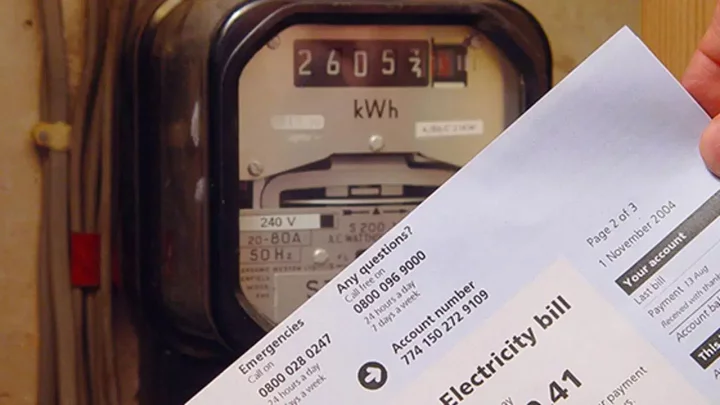
Skyrocketing electricity costs are crippling Nigeria's teaching hospitals, jeopardising critical healthcare delivery and training for the nation's future medical professionals.
The discriminatory electricity tariffs, inadequate power supply, and skyrocketing diesel costs have pushed these institutions, which are at the apex of the nation's healthcare system, providing critical medical services and training the next generation of healthcare professionals, to the brink.
Findings by Vanguard showed that the challenges are immense in some of the hospitals as costs have quadrupled.
The genesis
The Nigerian Electricity Regulatory Commission, NERC, introduced a segmentation system to prioritise energy distribution based on expected hours of supply - Bands A, B, C, and D.
As a result, most of the hospitals were lumped into Band A, and are expected to receive up to 20 hours of electricity daily and pay significantly higher tariffs.
For some of these hospitals, being on Band A brings mixed feelings. This is because with the new banding system, hospital administrators are forced to navigate a landscape where reliable power remains scarce, and the cost of maintaining operations is at an all-time high.
While some of the hospitals are continuously faced with disconnection threats from power companies, some are struggling to pay the huge monthly bills that have tripled and, in some cases, quadrupled.
Findings showed that these hospitals are struggling to stay afloat amid rising costs and dwindling resources, with potentially dire consequences for patient care.
Hospitals struggle under Band-A tariffs
Despite the fact these hospitals are looking at alternative power supply, including renewable energy, majority now apply load-shedding options to service every unit of their hospitals.
Not too long ago, the University College Hospital, Ibadan, suffered disconnection due to unpaid electricity bills owed Ibadan Electricity Distribution Company, IBEDC.
The hospital was disconnected by the power company following an outstanding debt of nearly N400 million, out of a staggering N3.1 billion accumulated bill since 2019.
According to findings, the hospital is billed between N50 and N60 million every month. At medical institutions like the Nigeria Institute of Medical Research, NIMR, monthly bills sometimes reach between N44 million and N49 million.
These huge costs have severely impacted their research activities.
General hospitals struggle to meet up with services
Like UCH, some general hospitals are struggling to meet up with hospital services.
In some cases, some wards are only lit at the night, while power is used only in other critical units in the health facility.
Most units in the hospital now run on generators.
Sadly the high cost of diesel, and petrol has not helped either.
High cost of diesel, petrol
Findings by Vanguard showed that some of the hospitals spent over N90 million on diesel and petrol, monthly.
From the University of Abuja Teaching Hospital, UATH, to the Lagos State University Teaching Hospital (LASUTH), the National Orthopaedic Hospital, Igbobi, Lagos (NOHIL), and the Federal Medical Centre (FMC), Ebute Metta, Lagos University Teaching Hospital, (LUTH) and the University College Hospital, Ibadan, the situation is the same.
Monthly electricity bills skyrocket
For instance, the monthly electricity bill at the National Orthopaedic Hospital, Lagos, NOHIL, jumped from N18 million to N45 million monthly. At the Federal Medical Centre, FMC, Ebute Metta, in Lagos, the monthly bill is N20 million for just four hours of electricity every day. At the Lagos University Teaching Hospital, LUTH, the monthly bill vary between N69 million and N252 million.
At the University of Abuja Teaching Hospital, UATH, the monthly bill has risen to N35 million.
Unfulfilled subsidy promise
However, the Federal Government in 2024, announced the approval of a 50 per cent subsidy for the electricity consumed in hospitals across the nation.
The Federal Government, through the former Minister of State for Health and Social Welfare, Dr. Tunji Alausa, said the subsidy is to reduce the running costs for public hospitals and alleviate the impact on patients.
Though the minister acknowledged that the Federal Government was aware of the harsh reality of the high electricity cost on the hospitals, the subsidy is yet to take effect.
Operational challenges
For the Chief Medical Directors (CMDs) of these hospitals, the situation is both financially crippling and operationally challenging, and they called for urgent government intervention.
In an interview with Vanguard, the Medical Director of NOHIL, Dr Mustapha Alimi said the surging cost of electricity and diesel is crippling operations in Nigeria's federal hospitals, with institutions like the National Orthopaedic Hospital, Igbobi, Lagos, spending over N1 billion annually on energy alone.
Speaking candidly, the Medical Director, who said they have become energy managers just to keep hospitals running, stressed the challenges of maintaining uninterrupted power supply while grappling with limited government subventions.
"We spend close to N54 million monthly on electricity, up from N18 million before introduction of the banding system.
"This is not an estimated bill-it's the reality. Meanwhile, the overhead from the government for electricity is less than N70 million annually, leaving us to rely on internally generated revenue to cover the shortfall."
He said as a teaching hospital with specialised services and increasing patient patronage, the institution requires uninterrupted power for critical operations.
"We have about seven generators, ranging from 250 KVA to 500 KVA. During grid failures, which can last three to four days, we consume close to 20,000 litres of diesel. That's just to keep the hospital running," he explained.
He stated that the diesel costs, combined with generator procurement and maintenance, have pushed energy expenses to unsustainable levels.
"Generators that used to cost N100 million now cost N400 to N500 million. Maintaining them is another challenge. Just to start one of our generators consumes about 60 litres of diesel."
He said to mitigate these costs, the hospital has opted for the solar option. "We've installed about 270 KVA of solar power, prioritizing wards to ensure patient comfort. However, the solar system cannot power critical areas like operating theatres, which require air conditioning and power tools.
"Our theatres have multiple air conditioners and heavy equipment. These cannot be sustained by solar power alone. Renewable energy is the future, but we need significant government investment to expand these systems," he urged.
Recalling the Federal Government's plans to subsidise electricity for hospitals, he lamented that the promises remain lunfulfilled.
"We are still waiting for the promised subsidy to materialise. In the meantime, we've had to shut down power in non-essential areas to save costs. It's not ideal, but we have no choice."
He called on government to prioritise renewable energy solutions for hospitals. Diesel-powered generators are not sustainable. Energy costs will continue to rise globally. We need long-term solutions like solar, wind, and water energy systems," he said.
Appealling for public understanding, he said: "People need to know the challenges we're facing. Many of us have become energy managers just to keep our hospitals running. We're doing our best, but we need support."
He said more Nigerians turn to government hospitals for affordable healthcare, hence, the need for reliable energy in those institutions has become more urgent. "Hospitals are not just businesses; they provide essential services. The government must act to ensure we can continue to serve the public."
Band A: Nigeria's Teaching Hospitals face crippling electricity cost
Other CMDs speak
Also, the Chairman Medical Advisory Committee, CMAC, University of Abuja, UATH, Dr. Bob Ukonu, said the hospital spends over N35 million per month under Band A.
Ukonu, who is also the Director of Clinical Services, said it has been difficult coping with the situation.
"We are struggling to pay and that has affected other services as we struggle to meet needs on the ground."
The Chief Medical Director of the Lagos State University Teaching Hospital (LASUTH), Prof. Fabanwo Adetokunbo said: "Our electricity bill has quadrupled, and yet we cannot compromise on providing light in emergency and critical areas."
He said the situation has placed teaching hospitals under severe financial pressure, forcing them to adopt drastic measures to maintain essential services.
"It has been tough, very tough," Prof. Fabanwo lamented.
"To manage this, we have had to ration electricity during the day, relying on generators and inverters to save costs."
He explained that the hospital alternates between different power sources to ensure critical operations remain unaffected.
"We use generators during the day and switch to the public electricity supply at night. Critical areas like the intensive care unit, neonatal care unit, and emergency wards have 24-hour power, supported by inverters. However, some general wards may experience brief downtimes during the day when generators are rested," he explained.
He disclosed that the hospital operates 12 generators and has invested in inverter systems to minimize the impact of power outages.
"We cannot allow any critical area to suffer. This is a teaching hospital, and we prioritize life-saving services," he added.
Fabanwo emphasised the need for government intervention to alleviate the financial burden on hospitals.
"About three months ago, the Federal Government announced plans to subsidize electricity for teaching hospitals. If this agenda is implemented, it will significantly help," he said.
He argued that hospitals should not be charged commercial electricity rates.
"Hospitals are social services. If they must be charged commercially, the government should subsidize these payments to avoid transferring the costs to patients."
Despite the challenges, Fabanwo noted that his hospital has managed to maintain affordable healthcare for Lagos residents.
"In Lagos State, we have a philosophy of freezing hospital fees despite rising costs. Over the past two years, our hospital has hardly increased fees, thanks to the support of the state government, which reimburses our diesel expenses," he said.
This support ensures that patients do not bear the brunt of increased energy costs.
"We are grateful to our governor for this backing, which allows us to keep healthcare affordable," he added.
Fabanwo advised other hospitals to invest in sustainable energy solutions.
"Hospitals should invest in robust inverter systems. Once installed, the major cost is battery replacement, and it significantly reduces reliance on diesel generators.
"Hospitals are lifelines for our nation. Government and stakeholders must ensure they remain functional and accessible."
While some hospitals struggle with the cost of Band A, FMC Ebute Meta's primary concern is the lack of power. At FMC Ebute Meta, Medical Director Dr. Dada Adedamola said the primary issue is the lack of power despite paying N20 million monthly.
Currently classified under Band B, the hospital pays approximately N20 million monthly for grid electricity, a service they barely receive.
He revealed the immense challenges the hospital faces due to frequent and prolonged blackouts.
He said despite being willing to pay for Band A electricity service, which promises a higher level of power availability, the hospital often receives only a few hours of electricity from the grid each day.
"My problem is not about Band A.
"I am happy to be on Band A if they can guarantee me 20 hours of power in a day. But in my hospital, what I have is at most maybe four to five hours of power a day. Sometimes two to three weeks have gone by without us having any power from the public supply system."
He said the situation has made the hospital rely heavily on diesel generators, consuming around 80,000 litres of diesel monthly, at a cost between N1,500 and N 1,750 per litre.
This exorbitant diesel consumption, combined with the minimal grid power, pushes monthly power bill to an unsustainable N100-120 million.
The medical director emphasised the critical need for uninterrupted power in a modern, paperless hospital.
"For the past seven and a half years in this hospital, we have been able to deliver 24-7 electric power supply. "
Because without electric power supply, we cannot do anything. We don't have an option but to deliver 24-7 power."
The hospital operates on full load, utilising different generators at various times of the day to meet energy demands.
"We don't shed the loads. We supply the power." They have even conducted an energy audit to optimise their power usage.
He said: "If they can guarantee me 20 hours of power supply every day, please move me to Band A."
He stressed that the hospital could afford the Band A tariff, insisting that what is desperately needed is reliable supply.
Demands for change
On his part, the Chief Medical Director (CMD) of the Lagos University Teaching Hospital (LUTH), Professor Wasiu Adeyemo, who decried the unsustainable burden of electricity costs on healthcare facilities, said no hospital will survive under band A.
Calling on government to intervene urgently, he emphasized that the current Band A electricity tariff is crippling hospitals, and making it nearly impossible to provide adequate patient care.
"We are barely coping," Adeyemo stated.
"Band A is simply too expensive for us. I challenge anyone to show me a hospital operating on Band A that has 24 hours of uninterrupted electricity. It's not happening."
The CMD highlighted the stark choice facing hospitals: pay exorbitant electricity bills or compromise on essential services and patient care.
He argued that no hospital can truly thrive under the current tariff structure and that the situation is impacting patient outcomes.
Adeyemo called for a shift to Band B electricity, which offers a more affordable tariff and up to 18 hours of power supply.
"If the government can put us on Band B, we will be able to cope much better. We will survive."
Beyond the electricity crisis, Adeyemo also raised concerns about the cessation of government food provisions for hospitals, a programme he said is vital for patient well-being. He urged the government to reinstate this programme, stating that it will significantly alleviate the financial strain on hospitals and improve patient nutrition.
"If they can reinstate the food programme," he explained, "and give us Band B electricity, we will be able to cope very well."
Adeyemo further emphasised the importance of government fulfilling its promise of a 50% subsidy on electricity for hospitals.
He expressed optimism that the subsidy, combined with the other measures, would provide a much-needed lifeline to the struggling healthcare sector.
"Believe me, if we get these two interventions, we will solve the problem."
According to the Director-General of NIMR, Prof John Obafunwa, they have continued to receive exorbitant bills and threats of disconnection.
"We've had to resort to unconventional measures. We've been indirectly appealing to foreign donors for assistance to offset the bills. Internally, we've implemented strict energy-saving measures; including switching off fans and lights in labs, and implementing scheduled power cuts in residential areas."
Alternative solutions
He said recently, the institute is now exploring alternative solutions, such as installing solar systems in phases. "Some researchers have even contributed their funds to install inverters and solar panels.
"By the time I came in, there was a backlog of about N38 million/N39 million. But I can tell you that all the subsequent bills of N48 million, N49 million, N44 million, whatever, have been paid. Our foreign funders, through our principal investigators, came to our aid."
Tariff increase is an economic issue
Responding to claims by the hospitals' managements, the Executive Director, of PowerUp Nigeria, an Electricity Consumer Rights and Power Sector Policy Advocacy organisation, Adetayo Adegbemle said the increase in electricity tariff is an economic issue, stating that all economic activities have been affected including electricity.
Stating that there have been reports of hospitals unable to pay their electricity bills, he said it could be due to several other reasons.
"I am aware that UCH, for instance, was not having issues with paying their bills until this present management took over. It is also on record that they spend millions paying for diesel while neglecting electricity bills.
"It should be noted that electricity is not a social service, nor is it a public utility so you don't expect government to write off their bills.
It is also expected that such hospitals will make provisions for their cost of electricity in their annual budgets.
"What I would expect government to do is carry out a forensic audit of the hospital expenses to see what hospitals are spending their subvention on," he said.
He recalled that the Consumer Protection Regulation of the Nigeria Electricity Regulatory Commission said that if such hospitals are unable to pay their electricity bills in full, They should meet with their Distribution Company to iron out the issues "Those that are disconnected failed to do this?"
He argued that electricity companies are private organisations that also pay for the electricity they distribute
The "life-saving organisations" are also not rendering free service. That's why budgets are made and these are supposed to have been provided for in their budget.
"I am also aware that UCH charges all their tenants(school of medicine, Banks, Shops, etc) for connections to electric supply. What are they doing with that "IGR"?"
The CMDs' appeal underscores the urgent need for government action to address the critical challenges facing the healthcare sector.
They added that the call for Band B electricity, and the promised subsidy represent a desperate plea for help.

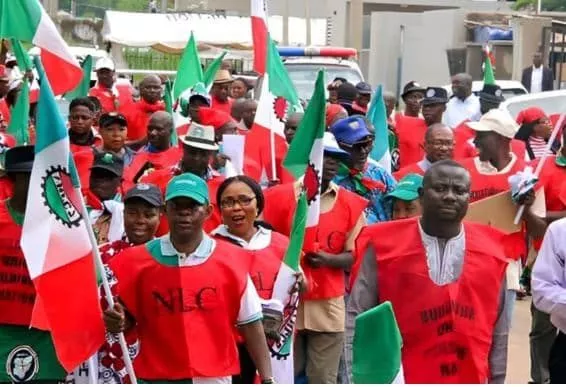
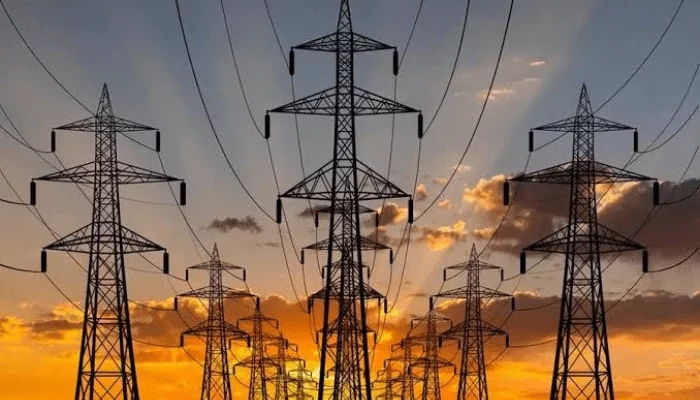
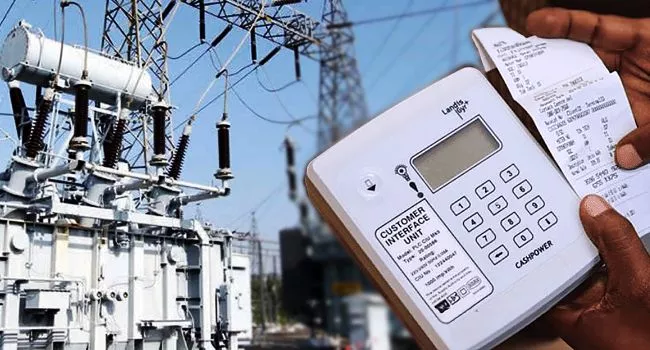
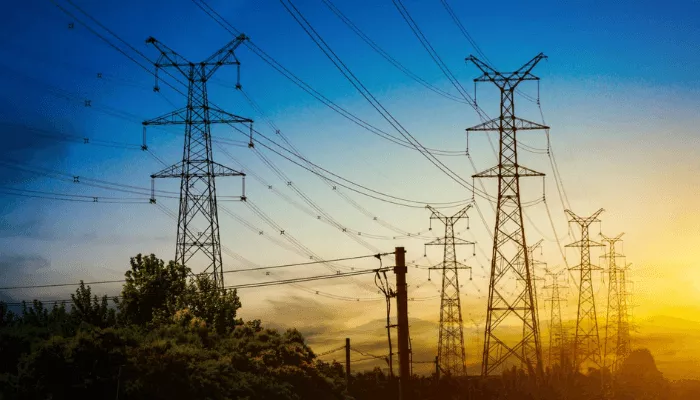
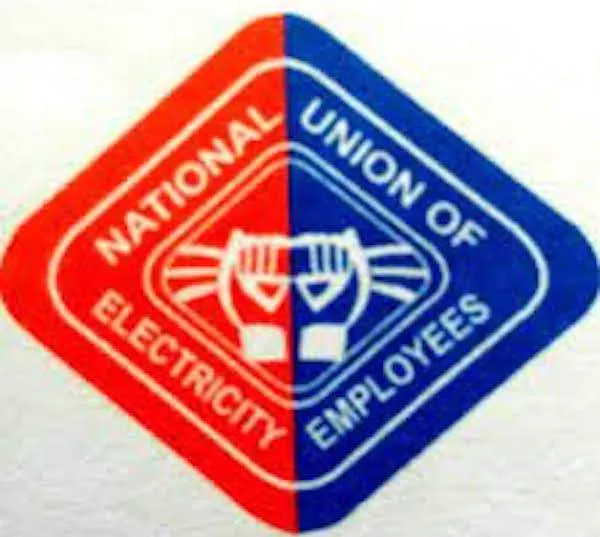
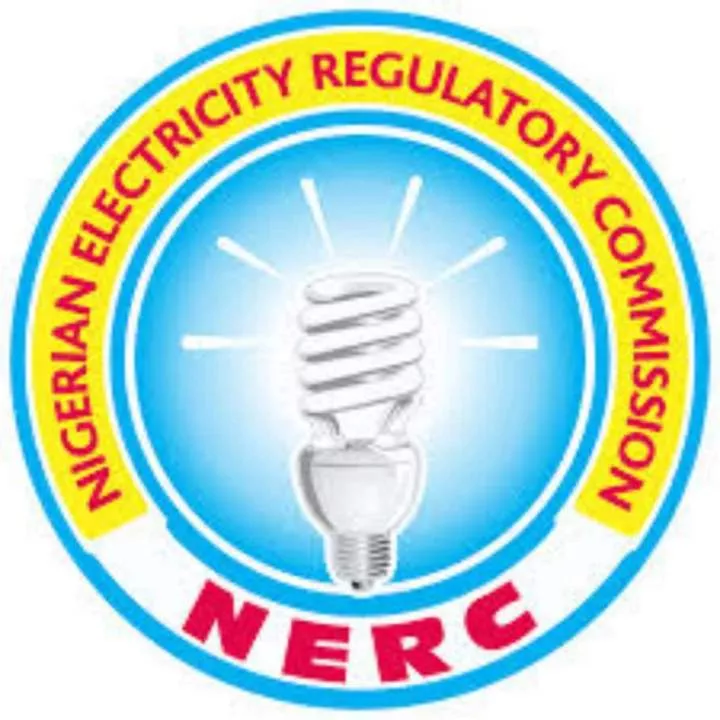






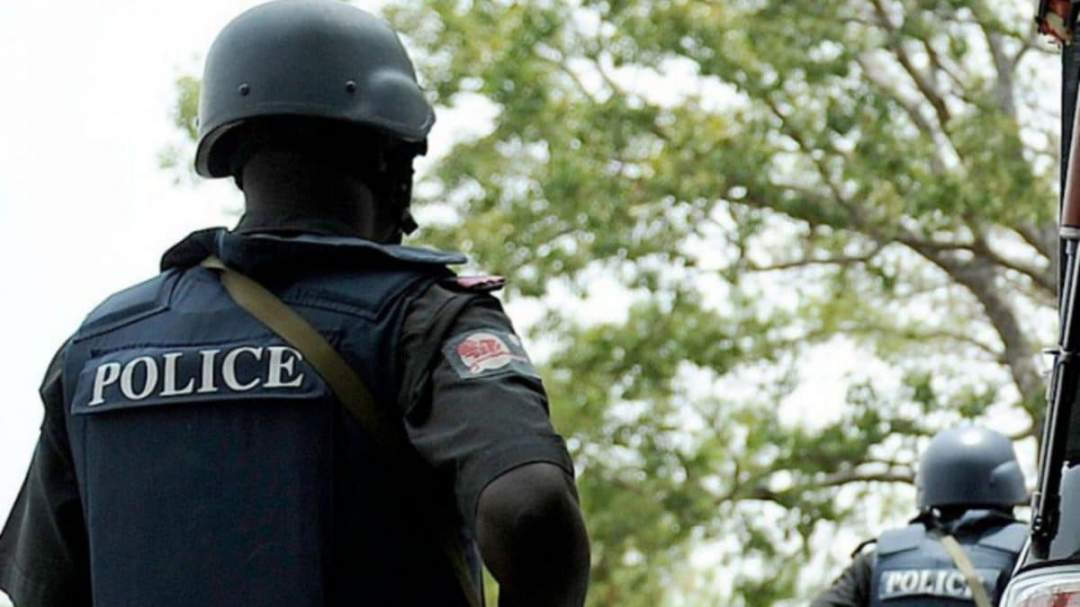
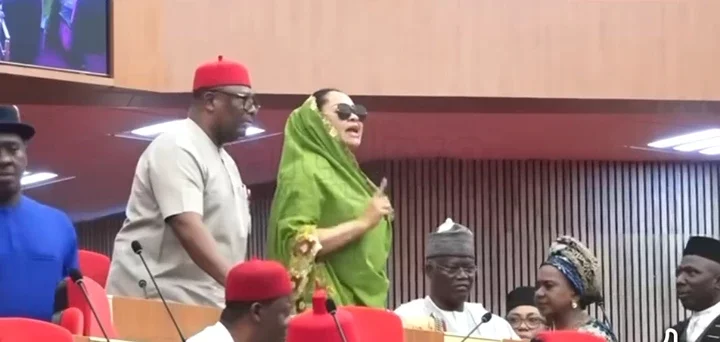


Comments